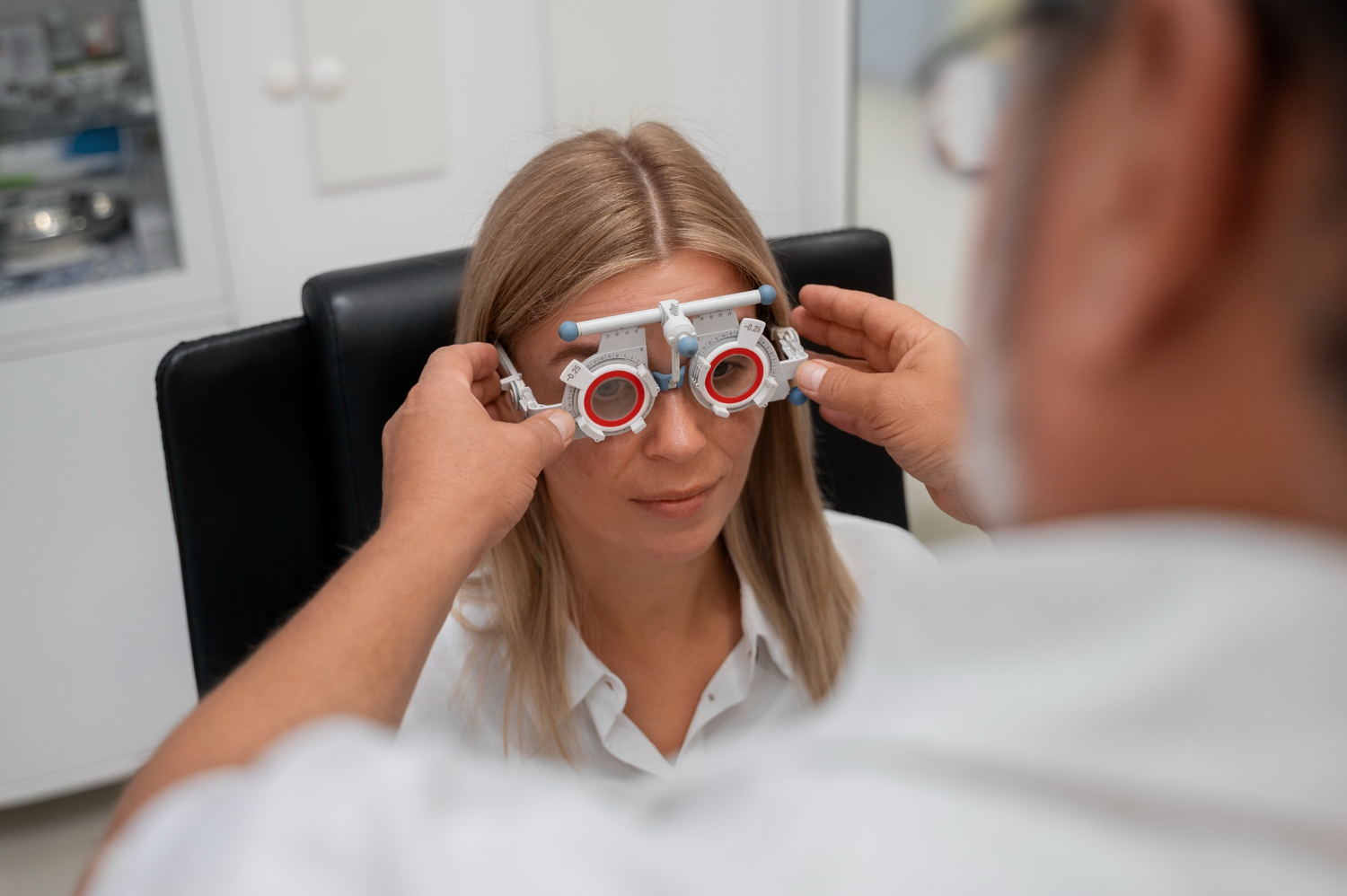Your eyes are one of your most important body parts. They let you connect with your surroundings, keep you safe, and allow you to witness the beauty around you. Having exceptional eyesight makes you enjoy a comfortable, meaningful life.
As the temperatures start dropping and the winds get cold, your eyes require extra care. This winter, you may suffer from dry eyes, and some of their unpleasant symptoms are blurry vision, redness, excessive tearing, stinging and burning, mucus in and around your eyes, and a sandy sensation in your eyes.
Having dry, irritated eyes is common during cold months, and this can cause discomfort and stop you from performing your best or doing your regular activities. To help you take better care of your eyes this winter, feel free to use this as your guide.
1. Keep eye drops wherever you go
Over-the-counter eye drops or artificial tears can help replace your eye’s natural moisture. Adding this to your winter eye care routine can make you feel comfortable as they relieve dryness and irritation. It’s smart to bring a small bottle along with you everywhere, especially when your eyes are going to be exposed to cold temperatures or strong winds outside.
You may also consider trying dry eye gel if eye drops or artificial tears don’t work for you. Keep in mind though that this tends to make your vision blurry, so it’s advisable to use it only before bed.
On the other hand, you may consult us for dry eye relief. We take pride in working with Dr. John F. Blaylock, our eye centre’s founder and one of the best laser eye doctors. Aside from offering the right eye surgeries, we also help you address the eye condition that affects your vision and find the proper treatment for you.
2. Consume omega-3 oils

Omega-3 oils are proven effective in improving your eyes’ functions. They work by stimulating your Meibomian glands, which produce the oily parts of tears. To prevent dry eye syndrome during winter, some foods that are rich in omega-3 fatty acids that you can add to your diet are fatty fishes like salmon and tuna, walnuts, palm and soybean oil, flax seeds, and chia seeds.
3. Consult your doctor
Cold months can dry out and irritate your eyes, but this syndrome can also be caused by other serious health conditions. Consult a qualified doctor to determine whether certain environmental factors are causing your eye irritation or illness that may put your life at risk. Some of the disorders that can cause or contribute to dry eye are Sjogren’s syndrome, vitamin A deficiency, diabetes, thyroid disease, lupus, and rheumatoid arthritis.
Consider heading to our laser eye clinic when your dry eyes persist. Make sure to discuss with our doctor about any other health conditions you have and medications you’re currently taking.
Conclusion
Getting dry eyes during winter can make your eyes painful and irritated. Fortunately, by following the tips mentioned in this guide and consulting your trusted eye doctor, you can restore your comfort and eye vision and improve your quality of life.
Receive quality eye care in a comfortable setting at our eye centre in Abbotsford. We offer laser eye surgery, cataract surgery, and other services and surgeries. Book a consultation today!
Disclaimer: This blog post does not replace medical advice and should not be implemented prior to consulting a fully certified medical professional.





